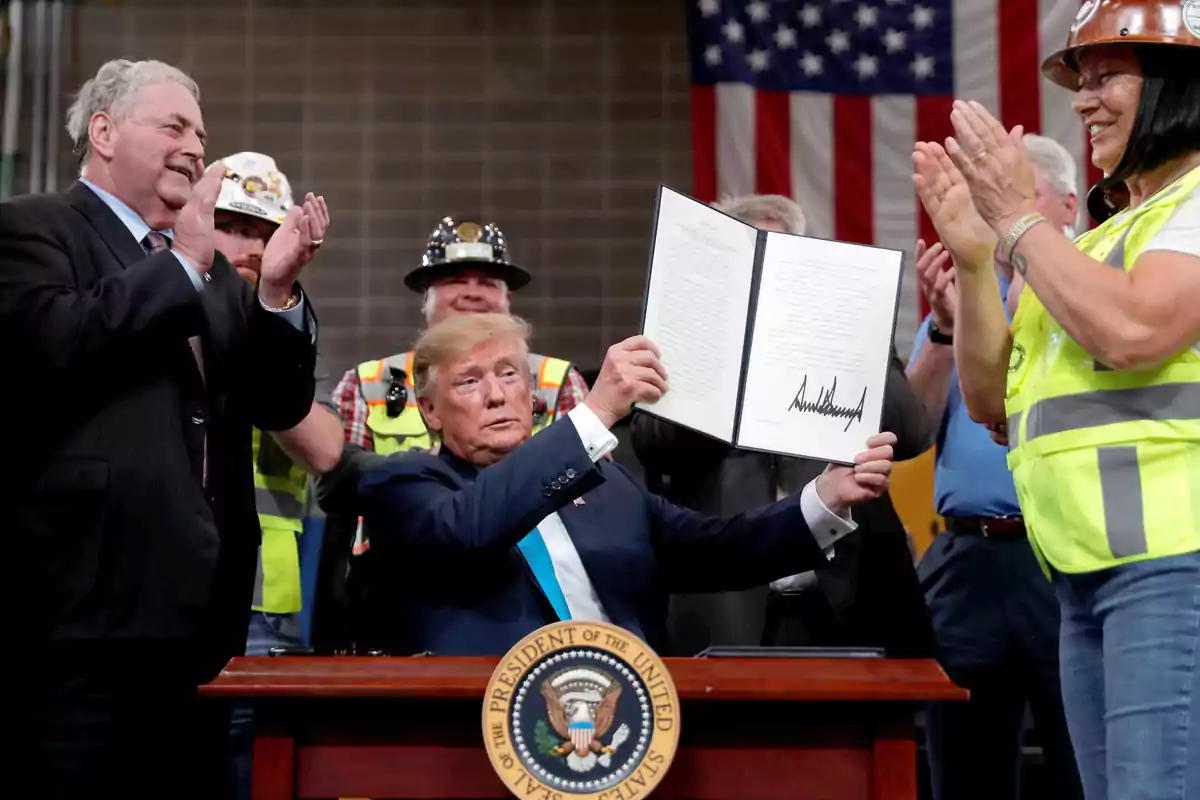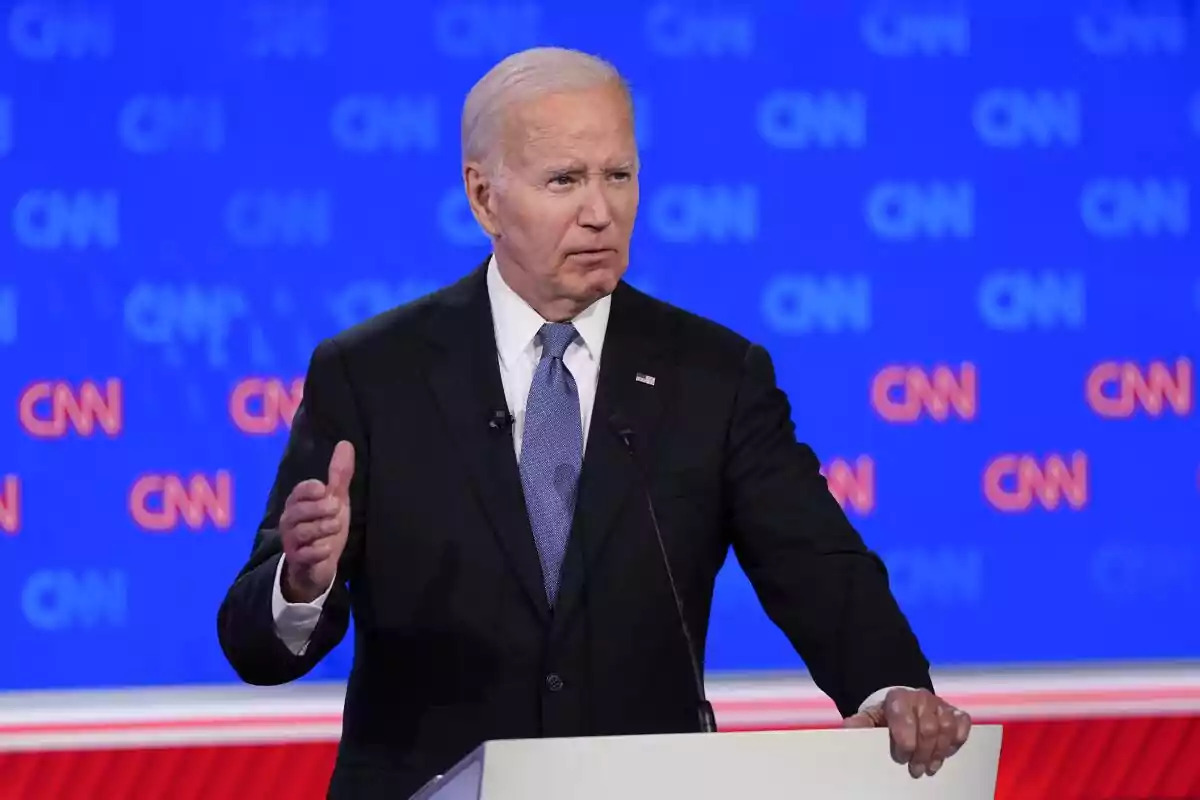
Thanks to Trump, the US will have 'Labor Day' with the cheapest gasoline in five years.
During Labor Day weekend in the United States, American citizens will enjoy the lowest gasoline prices in five years
This Labor Day weekend, Americans will enjoy the lowest gas prices since 2020, a fact that was directly attributed to President Donald Trump's energy policy.
According to the specialized site GasBuddy, the national average price of gasoline is expected to be USD 3.15 per gallon (3.79 liters), a decrease of 14 cents compared to the same holiday in 2023 and a figure just slightly lower than the USD 3.16 recorded in 2021.
The last year in which fuel was significantly cheaper was 2020, at the height of the COVID-19 pandemic, when prices hovered around USD 2.22 per gallon. Since then, prices have remained high until this summer, when they began to drop notably.

The White House deputy spokesperson, Taylor Rogers, celebrated the price drop as a success of President Trump's energy management. "From Memorial Day to Labor Day, Americans have saved significantly on fuel thanks to the lowest prices in five years. President Trump promised to unleash American energy and make everyday life more affordable for families, and he delivered," she stated.
Patrick De Haan, head of petroleum analysis at GasBuddy, explained that this has been "the most affordable summer for road travel since the pandemic," thanks to increased incomes and the drop in fuel prices.
However, he warned about possible future challenges, such as hurricane season and uncertainty surrounding trade, tariffs, and the war in Ukraine. Still, he was completely optimistic that prices will continue to fall with the arrival of colder weather in the fall.

The drop in prices has been especially significant compared to previous years. In 2023, the average price for Labor Day was USD 3.29 per gallon, while in 2022 prices reached record levels close to USD 5 per gallon, driven in part by the restrictive energy policies of then-Democratic President Joe Biden.
During the Biden administration, an aggressive and useless environmental agenda was implemented that limited domestic oil production. Among the most criticized measures by the energy sector were the suspension of new permits for drilling on federal lands, the cancellation of the Keystone XL pipeline project and the imposition of strict regulations on refineries and fossil fuel production.
In contrast, Trump's return to the White House brought with it more than 200 executive actions aimed at reactivating domestic oil and gas production. These include the expansion of licenses for exploration in federal waters, the relaxation of regulations, and the promotion of agreements with traditionally Democratic states such as New York to expand energy infrastructure.

More posts: